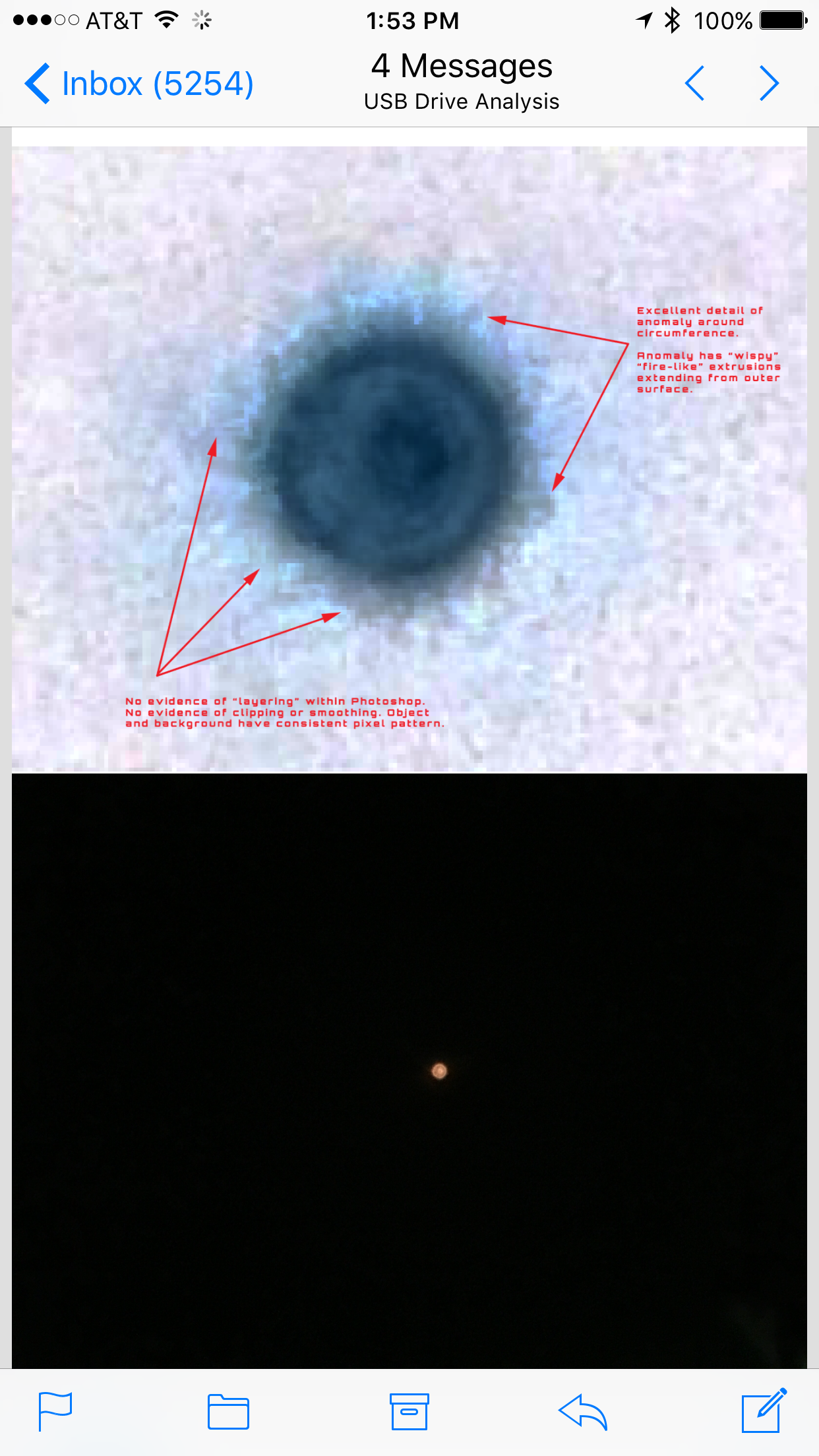
Generate New Template
As someone deeply read into psychology and neuroscience, I wish more people in this community realized how important your mindset, assumptions, predictions, and prior beliefs are for perception. The reason so many people who are very focused on UFOs “see” more UFOs is because of priming, the expectation effect, and confirmation bias.
This clip shows how important prediction of what you will see/hear/feel/smell is to what you actually perceive. Perception is actually only powered by a small part of sensory data, and the rest is generated internally by the brain. Only around 5% of what you actually see is based on visual data from your eyes, and the other 95% is internally generated based on past experiences, predictions, assumptions, and your brain filling in the rest of the information.
You have a blind spot near the middle of your vision at all times (where your optic nerve connects to your eye), yet you never actually see it because your brain stitches over this area of no data with what it assumes it would look like in that area.
This is also true for your nose, except the opposite. Your nose is always visible, but your brain stitches over most of it typically. People here often don’t understand how powerful your brain is at fooling your conscious mind, and UFOs are a great example of this.
When you see something you can’t explain, your brain will make certain assumptions from a bank of possible options. If you believing in aliens, alien craft, or other high strangeness, you are regularly thinking about this topic and therefore it becomes one of the quickest assumptions for your brain to make. Likewise, if you are someone who constantly thinks about birds, your first assumption is almost always going to be a bird.
There is another psychological mechanism known as the Anchoring Bias, which is where we latch onto the first information we receive, or first assumption we make about something. This is why it’s so hard to accept we are wrong despite any evidence that counters it, because we are so tightly anchored to that first assumption. This cognitive bias goes hand in hand with others like confirmation bias, sunk cost fallacies, etc.
This is why it’s so important to try and remove bias and belief from objective topics.
Your personal beliefs, perspective and subjective experience cloud your judgement about what is objectively true. Most things in our day to day lives are subjective, but the important part of science is removing the subjective interpretation to find the objective truths.
This is why in science, for something to be considered evidence it must be testable and falsifiable. Witness testimony is not evidence in science.
If it’s impossible to prove something false, then it’s impossible to ever find objective truth. If someone makes a claim, but has absolutely no way to back it up, this is an unfalsifiable claim. Since there’s no way it can be proven true or false without corroborating evidence, it is considered worthless.
All claims in science need to be accompanied by corroborating empirical evidence. If you don’t have anything you can provide that can support your claim, it is a cool story but it’s not worth entertaining. Belief in that claim becomes purely subjective if there’s no way to conclusively prove that something is not true.
The reason people like me don’t give any credit to witness testimony is because the human mind, human memory, and human perception are all incredibly flawed.
We are easily fooled by the shortcuts made by our own minds, and we are convinced that our memories are like a video being played back, when in reality it’s more like a game of telephone your brain plays with itself. As I’ve highlighted in this post, our perception is more dependant on what we expect or believe we are experiencing, than what is actually objectively happening.
I encourage everyone in this community to learn more about neuroscience to understand the way our brains work to be able to learn how to challenge these mental shortcuts and flaws in reasoning we get from our own brains.
The brain is an incredibly efficient and effective machine because of these predictions and assumptions, but when trying to make the absolute best decisions and think the most clearly about our lives, it’s important to learn how to see through the veil of perception and analyze things as objectively as we can.
For anyone interested in the topic, there is an amazing podcast by the neuroscientist, David Eagleman, called Inner Cosmos, and it dives deep into the way our brains work and how it shapes our views of the world.
The ads are painful, but just skip through them. I can’t recommend it enough.
submitted by /u/ApprenticeWrangler
[link] [comments]